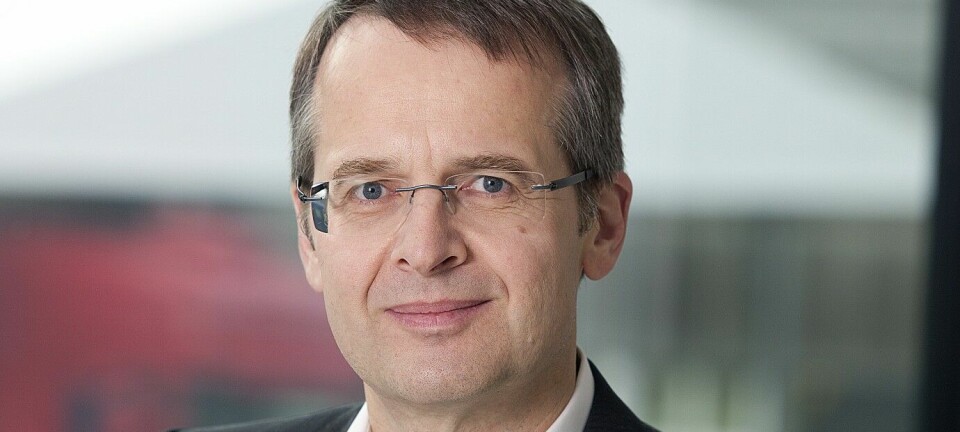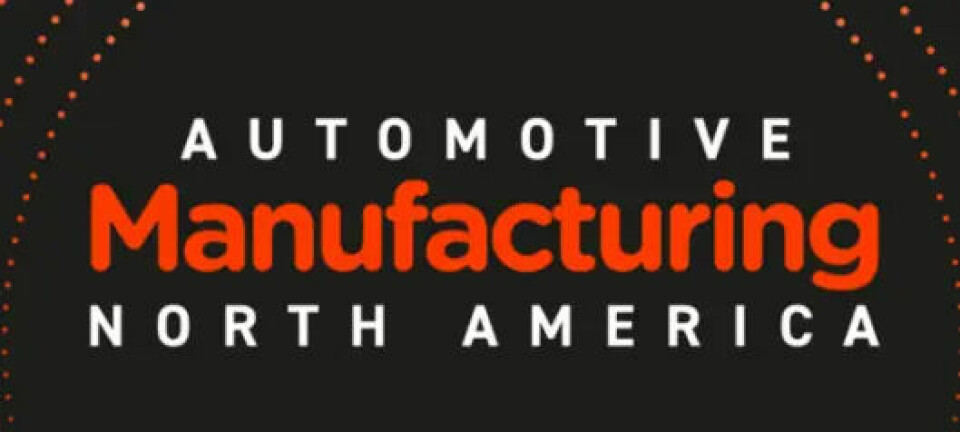BMW's smart logistics strategy
Inside BMW’s smart logistics strategy at Debrecen
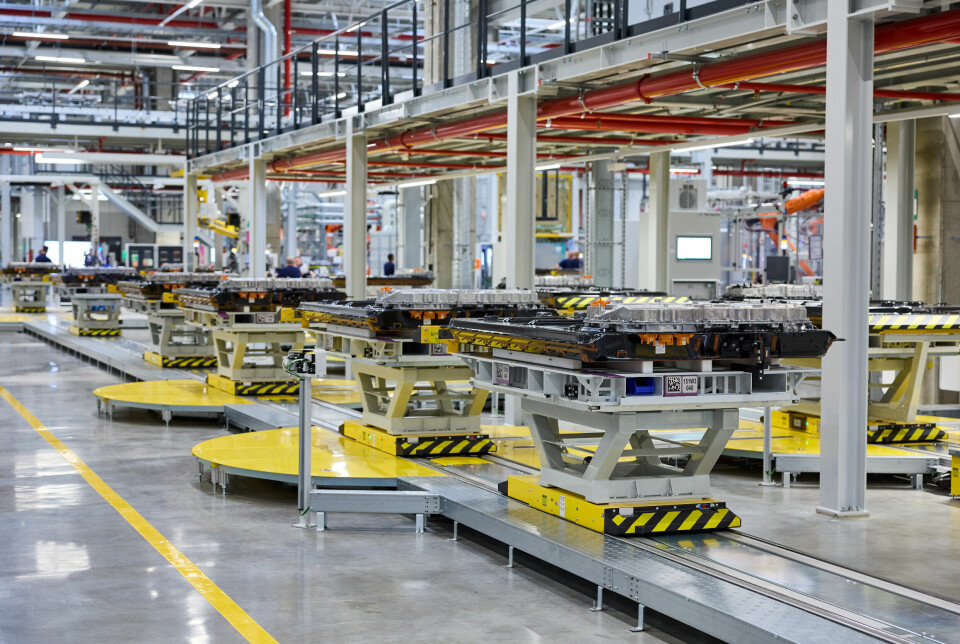
BMW is redefining automotive logistics with direct delivery systems, real-time tracking, digital twins, and autonomous transport at its Debrecen plant. The OEM’s tech-driven approach integrates production, quality, and sustainability – setting a new standard for next-gen vehicle manufacturing.
BMW's approach to logistics development, operations, and technologies at its Debrecen plant, reveals a highly integrated, efficient, and data-driven strategy aimed at minimising costs, maximising flexibility, and ensuring premium quality throughout its manufacturing processes.
Direct deliveries underpin logistics efficiency
At its heart, BMW views logistics not merely as a necessary cost but as a critical area for innovation and efficiency. The underlying philosophy is to streamline material flow and information flow, recognising that logistics can be optimised to add significant value by reducing waste and accelerating processes. The ultimate goal is a "direct deliveries" concept, where parts move from the truck directly to the assembly line, minimising intermediate steps and buffers. The Debrecen logistics team says this ideal has been largely realised, with 80% of the daily consumed volume achieving this direct delivery target.
To facilitate this, the physical plant design plays a crucial role. Debrecen’s assembly area features a "finger structure" for subassembly operations. These fingers are dedicated areas for specific assembly tasks, such as interior assembly. The length of these "fingers" can be adjusted to accommodate increases in production volume or different car models, while the main structure of the assembly building remains constant.
This design is intended to create more space for docks and handling areas, enabling a direct material flow. A key operational principle is to have no external logistic structures or large, remote supply centres. Instead, all logistics activities are integrated within the plant, operating primarily on the ground level to avoid disruptions caused by elevators or vertical transport. This co-location and high level of integration with assembly are considered vital for efficient material handling.
The movement of materials to the lines uses "tugger trains" operating on a precise "bus schedule" to ensure just-in-time delivery. BMW notes that this level of planning is crucial given the high volume of material handled daily, with over 400 trucks arriving at the plant each day.
BMW has taken a cross-functional approach interweaving logistics with production and quality assurance
Proactive management technologies
BMW's logistics strategy is heavily reliant on advanced technologies, emphasising digitalisation and intelligent systems across the entire supply chain. An "end-to-end digital connectivity" ensures that every step of the material and information flow is tracked and optimised.
One prominent technological application is real-time truck tracking. Every truck is tracked via GPS every 15 minutes from the supplier, providing constant visibility. Upon entering the plant, this tracking transitions to a local system that follows each box. This granular information feeds into a live monitoring system that visualises operations and proactively identifies deviations. Importantly, it makes autonomous decisions by flagging critical parts that need immediate attention to prevent assembly line stops. This shifts the operational paradigm from reactive problem-solving to proactive prevention.
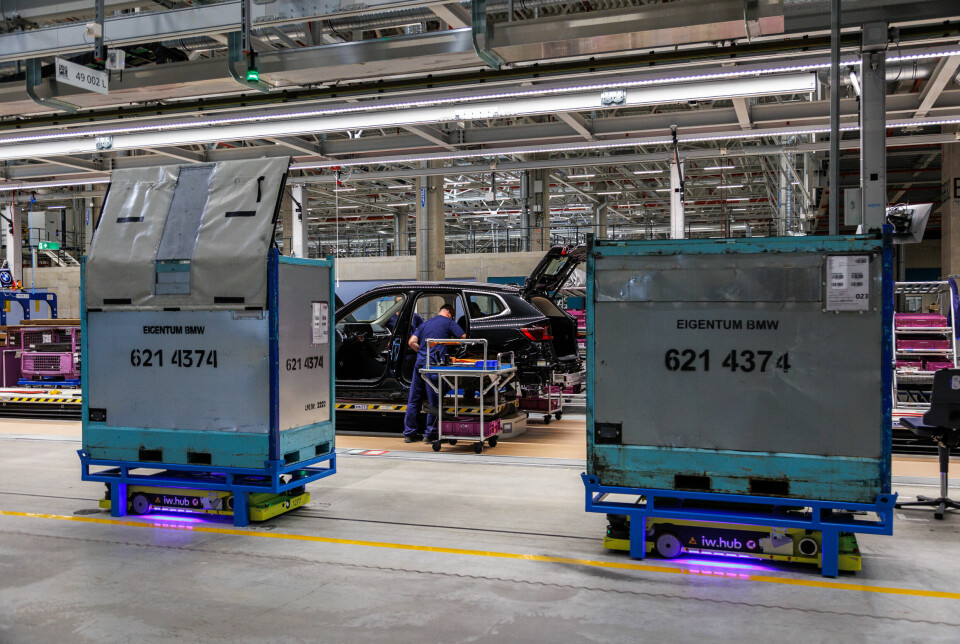
Digital twins and smart automation
A key part of BMW's advanced manufacturing and logistics is the extensive use of digital twins and virtual environments. These digital replicas of the entire production line and logistics facilities are used for simulation and optimisation even before any physical construction begins. This allows for virtual programming of logistics processes and robot movements, conducting ergonomic studies, and evaluating the efficiency of movements and material distances to the line.
The integration of automation is designed to be scalable, and BMW point to a notable innovation in its Smart Transport Robot (STR). As part of the direct delivery concept, parts like car seats are directly loaded onto these robots. The STR then moves to the assembly line at the exact speed of the line, making just-in-sequence delivery highly efficient and precise.
Enterprise Resource Planning (ERP) for this digital ecosystem uses the latest generation of the SAP Hana S4 ERP system. BMW says this system, developed in co-innovation with SAP, provides a completely new ERP world that underpins efficient logistics operations and problem management and has played an important role in streamlining complex processes.
BMW says the goal is to create a "zero-defect philosophy" and culture, supported by data-driven analysis from a cloud data hub and a dedicated quality lab.
Integration with quality and production
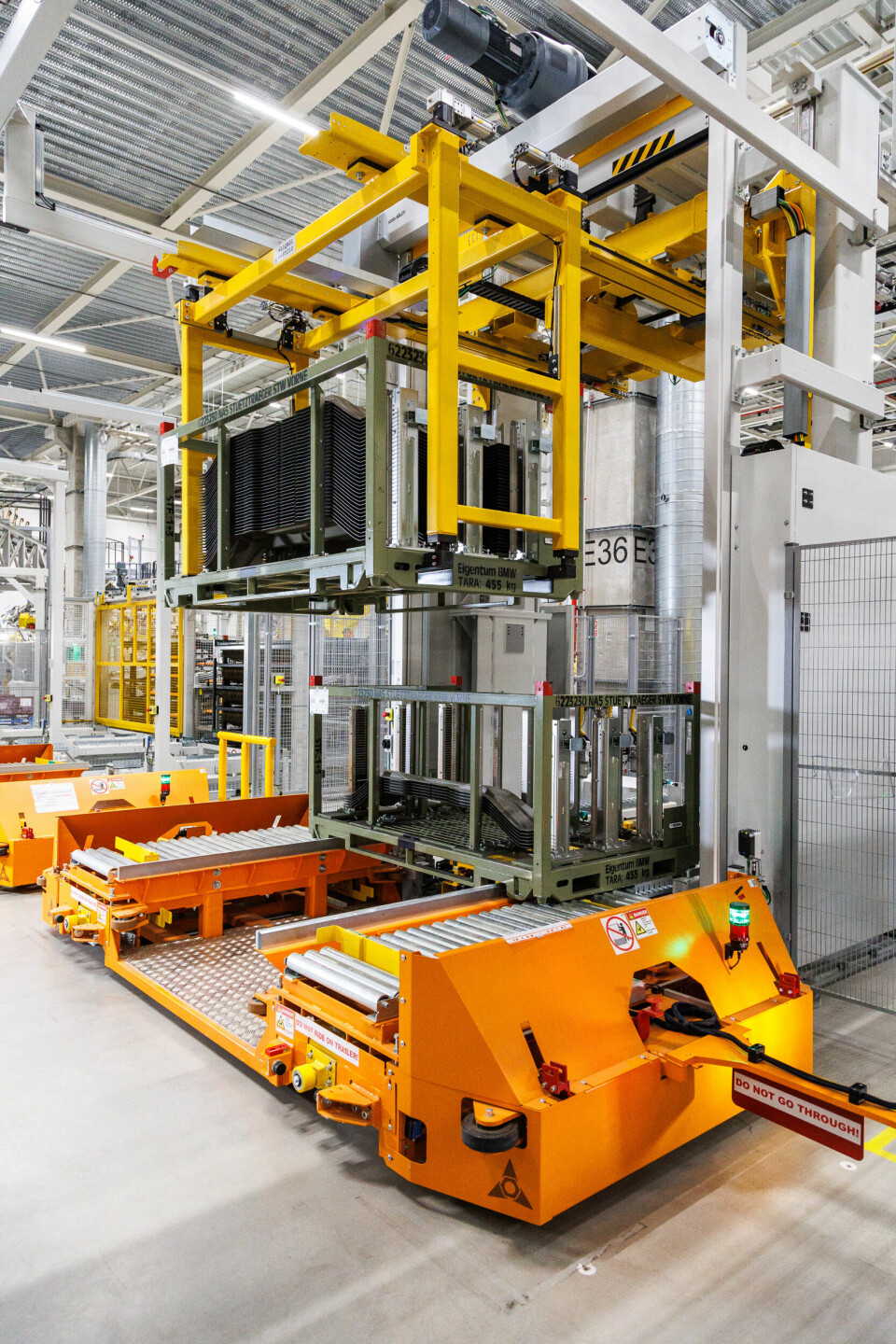
An important part of Debrecen’s logistics operations is to minimise errors while streamlining the process. To achieve this BMW has taken a cross-functional approach interweaving logistics with production and quality assurance. The design of the plant promotes this integration, with logistics and assembly "living together inside" a common structure. This synergy is particularly evident in the centralised control room, where partners from logistics, supplier quality, and production collaboratively monitor quality and volume in real-time. This cross-functional oversight allows for proactive decision-making, such as identifying potential quality defects on the line and deploying temporary checks or sending assistance before major issues arise.
BMW says the goal is to create a "zero-defect philosophy" and culture, supported by data-driven analysis from a cloud data hub and a dedicated quality lab. This allows specialists to conduct "upstream research" to identify the origin of problems rather than merely detecting them, fixing issues at their source.
Future development and scalability
BMW's logistics strategy is built for the future. Continuous improvement is ingrained in the operational culture, with virtual planning ensuring a well-balanced production line from the outset. This approach to logistics also supports flexibility in the OEM’s production planning, allowing for re-scheduling and re-planning on a weekly basis.
The company notes this extends to enabling dealers to change car specifications up to six days before production, highlighting an agile and responsive supply chain. The "local for local" strategy in battery production, siting manufacturing close to car assembly and sales markets, further optimises logistics by minimising distances and enhancing efficiency.
From smart plant design and direct delivery models to sophisticated AI-driven monitoring, digital twins, and global standardised production systems, as demonstrated in operations at Debrecen, the company is building a resilient, agile, and cost-effective logistics framework for its next generation of vehicles.

